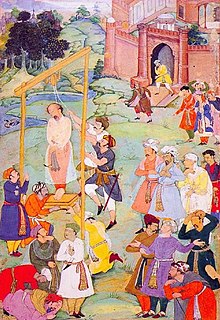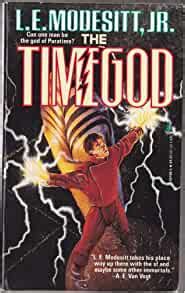A Quote by Richard Whately
It may be said, almost without qualification, that true wisdom consists in the ready and accurate perception of analogies. Without the former quality, knowledge of the past is unobstructive: without the latter it is deceptive.
Related Quotes
Without knowledge of self there is no knowledge of God Our wisdom, in so far as it ought to be deemed true and solid Wisdom, consists almost entirely of two parts: the knowledge of God and of ourselves. But as these are connected together by many ties, it is not easy to determine which of the two precedes and gives birth to the other.
We may live without poetry, music and art; We may live without conscience, and live without heart; We may live without friends; we may live without books; But civilized man cannot live without cooks. . . . He may live without books,-what is knowledge but grieving? He may live without hope,-what is hope but deceiving? He may live without love,-what is passion but pining? But where is the man that can live without dining?
Genius is neither learned nor acquired. It is knowing without experience. It is risking without fear of failure. It is perception without touch. It is understanding without research. It is certainty without proof. It is ability without practice. It is invention without limitations. It is imagination without boundaries. It is creativity without constraints. It is...extraordinary intelligence!
According to Gandhi, the seven sins are wealth without works, pleasure without conscience, knowledge without character, commerce without morality, science without humanity, worship without sacrifice, and politics without principle. Well, Hubert Humphrey may have sinned in the eyes of God, as we all do, but according to those definitions of Gandhi's, it was Hubert Humphrey without sin.
What has history said of eminence without honor, wealth without wisdom, power and possessions without principle? The answer is reiterated in the overthrow of the mightiest empires of ancient times. Babylon, Persia, Greece, Rome! The four successive, universal powers of the past. What and where are they?
Muscles without strength, friendship without trust, opinion without risk, change without aesthetics, age without values, food without nourishment, power without fairness, facts without rigor, degrees without erudition, militarism without fortitude, progress without civilization, complication without depth, fluency without content; these are the sins to remember.
He was a foe without hate; a friend without treachery; a soldier without cruelty; a victor without oppression, and a victim without murmuring. He was a public officer without vices; a private citizen without wrong; a neighbor without reproach; a Christian without hypocrisy, and a man without guile. He was a Caesar, without his ambition; Frederick, without his tyranny; Napoleon, without his selfishness, and Washington, without his reward.
Of true knowledge at any time, a good part is merely convenient, necessary indeed to the worker, but not to an understanding of his subject: One can judge a building without knowing where to buy the bricks; one can understand a violin sonata without knowing how to score for the instrument. The work may in fact be better understood without a knowledge of the details of its manufacture, of attention to these tends to distract from meaning and effect.
If mythic violence is lawmaking, divine violence is law-?destroying; if the former sets boundaries, the latter boundlessly destroys them; if mythic violence brings at once guilt and retribution, divine power only expiates; if the former threatens, the latter strikes; if the former is bloody, the latter is lethal without spilling blood
Perception without the word, which is without thought, is one of the strangest phenomena. Then the perception is much more acute, not only with the brain, but also with all the senses. Such perception is not the fragmentary perception of the intellect nor the affair of the emotions. It can be called a total perception, and it is part of meditation.






































